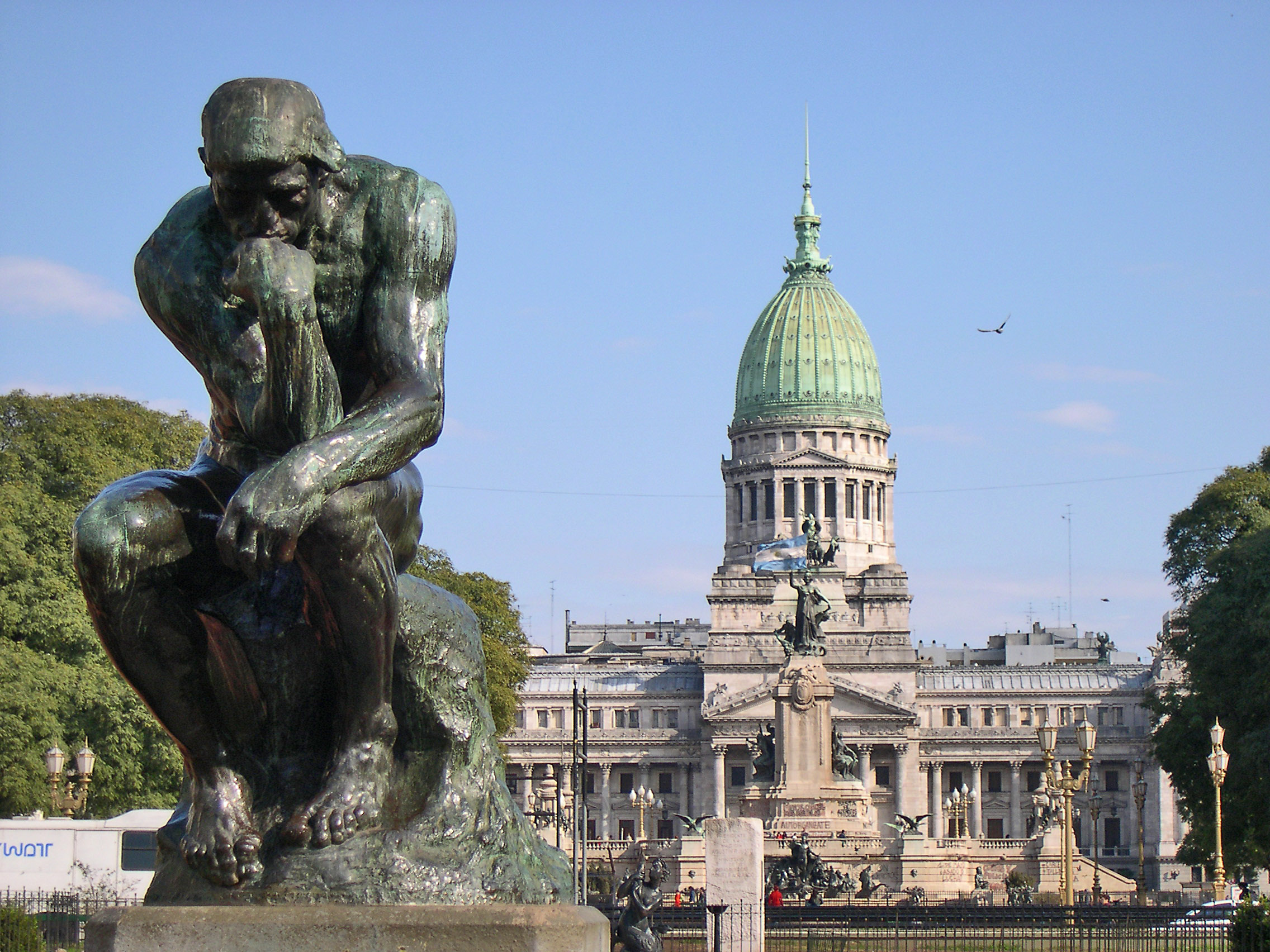|
GünAz TV
GünAz TV () is an Azerbaijani-language television channel based in Chicago and broadcasting in Europe, West Asia, North Africa, and Central Asia. It is run by Ahmad Obali, who founded it in 2004. Ideologically, the television channel promotes a pan-Turkist viewpoint and supports ethnic Azerbaijani separatism in Iran. History The channel has its origins in 2004, when Ahmad Obali founded it with the self-proclaimed purpose of protecting the rights of Iranian Azerbaijanis. It seeks peaceful and cultural action against racism and discriminatory government policies in Iran. It was given the name GünAz, a portmanteau made up from "Güney Azərbaycan" (), which translates to "South Azerbaijan", a term used by Azerbaijani irridentists to describe Iranian Azerbaijan. In explaining his and his colleagues' goals, Ahmad Obali explained: “Our activists want an independent South Azerbaijan because we will do much better once we are independent. We can move toward a union with North Aze ... [...More Info...] [...Related Items...] OR: [Wikipedia] [Google] [Baidu] |
Iranian Turkic
Azerbaijani ( ; , , ) or Azeri ( ), also referred to as Azerbaijani Turkic or Azerbaijani Turkish (, , ), is a Turkic language from the Oghuz sub-branch. It is spoken primarily by the Azerbaijani people, who live mainly in the Republic of Azerbaijan, where the North Azerbaijani variety is spoken, while Iranian Azerbaijanis in the Azerbaijan region of Iran, speak the South Azerbaijani variety. Azerbaijani is the only official language in the Republic of Azerbaijan and one of the 14 official languages of Dagestan (a federal subject of Russia), but it does not have official status in Iran, where the majority of Iranian Azerbaijani people live. Azerbaijani is also spoken to lesser varying degrees in Azerbaijani communities of Georgia and Turkey and by diaspora communities, primarily in Europe and North America. Although there is a high degree of mutual intelligibility between both forms of Azerbaijani, there are significant differences in phonology, lexicon, morphology, syntax, ... [...More Info...] [...Related Items...] OR: [Wikipedia] [Google] [Baidu] |
Anti-Iranian Sentiment In Azerbaijan
Anti-Iranian sentiment in Azerbaijan dates back to 1918 when the first Azerbaijani nation was emerging under a pan-Turkist ideology. From thenceforward, political elites with pan-Turkist-oriented sentiments in the area that comprises the present-day Azerbaijan Republic have depended on the concept of ethnic nationalism to create an anti-Iranian sense of ethnicity among Iranian Azerbaijanis. Azerbaijan's post-Soviet national identity is strongly anti-Iranian and primarily Turkocentric. It has been built in various ways to oppose Iran as "the other," not just as a country but also as a culture and historical entity. Nowadays, being Azerbaijani means rejecting any ties to Iran. The belief that Azerbaijanis have been and continue to be victims of Iranians (and Armenians) is planted in children through state-sponsored propaganda and brainwashing in schools. Background Historically, the name "Azerbaijan" referred to the region south of the Aras River, in present-day northwestern Iran. T ... [...More Info...] [...Related Items...] OR: [Wikipedia] [Google] [Baidu] |
Kurds
Kurds (), or the Kurdish people, are an Iranian peoples, Iranic ethnic group from West Asia. They are indigenous to Kurdistan, which is a geographic region spanning southeastern Turkey, northwestern Iran, northern Iraq, and northeastern Syria. Consisting of 30–45 million people, the global Kurdish population is largely concentrated in Kurdistan, but significant communities of the Kurdish diaspora exist in parts of West Asia beyond Kurdistan and in parts of Europe, most notably including: Turkey's Central Anatolian Kurds, as well as Kurds in Istanbul, Istanbul Kurds; Iran's Khorasani Kurds; the Caucasian Kurds, primarily in Kurds in Azerbaijan, Azerbaijan and Kurds in Armenia, Armenia; and the Kurdish populations in various European countries, namely Kurds in Germany, Germany, Kurds in France, France, Kurds in Sweden, Sweden, and the Kurds in the Netherlands, Netherlands. The Kurdish language, Kurdish languages and the Zaza–Gorani languages, both of which belong to the Wes ... [...More Info...] [...Related Items...] OR: [Wikipedia] [Google] [Baidu] |
Central Intelligence Agency
The Central Intelligence Agency (CIA; ) is a civilian foreign intelligence service of the federal government of the United States tasked with advancing national security through collecting and analyzing intelligence from around the world and conducting covert operations. The agency is headquartered in the George Bush Center for Intelligence in Langley, Virginia, and is sometimes metonymously called "Langley". A major member of the United States Intelligence Community (IC), the CIA has reported to the director of national intelligence since 2004, and is focused on providing intelligence for the president and the Cabinet. The CIA is headed by a director and is divided into various directorates, including a Directorate of Analysis and Directorate of Operations. Unlike the Federal Bureau of Investigation (FBI), the CIA has no law enforcement function and focuses on intelligence gathering overseas, with only limited domestic intelligence collection. The CIA is responsibl ... [...More Info...] [...Related Items...] OR: [Wikipedia] [Google] [Baidu] |
Congress Of World Azerbaijanis
A congress is a formal meeting of the representatives of different countries, constituent states, organizations, trade unions, political parties, or other groups. The term originated in Late Middle English to denote an encounter (meeting of adversaries) during battle, from the Latin '' congressus''. Political congresses International relations The following congresses were formal meetings of representatives of different nations: *The Congress of Aix-la-Chapelle (1668), which ended the War of Devolution *The Congress of Aix-la-Chapelle (1748), which ended the War of the Austrian Succession *The Congress of Aix-la-Chapelle (1818) *The Congress of Berlin (1878), which settled the Eastern Question after the Russo-Turkish War (1877–1878) *The Congress of Gniezno (1000) *The Congress of Laibach (1821) *The Congress of Panama, an 1826 meeting organized by Simón Bolívar *The Congress of Paris (1856), which ended the Crimean War *The Congress of Troppau (1820) *The Congress of Tu ... [...More Info...] [...Related Items...] OR: [Wikipedia] [Google] [Baidu] |


